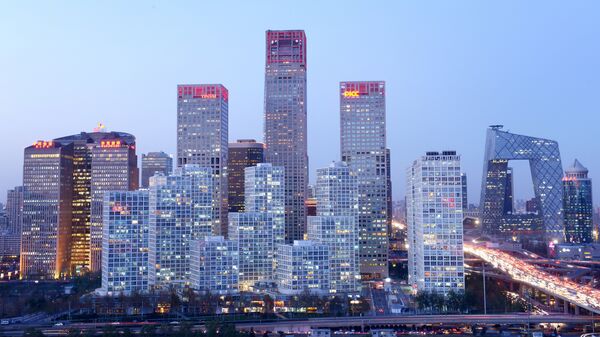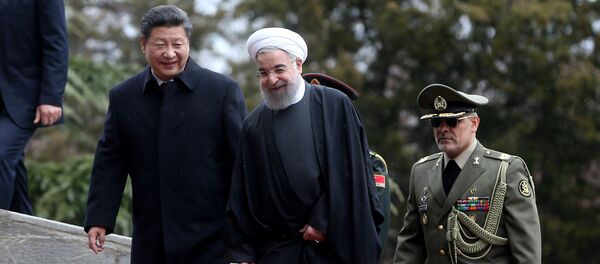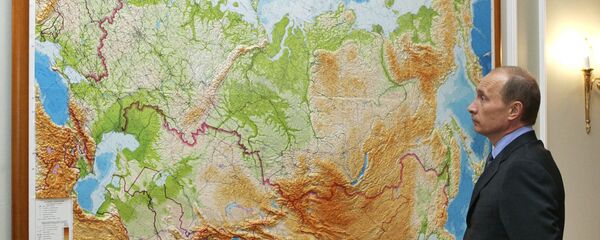The US-led TPP comes with lots of strings attached, Bangkok-based geopolitical analyst Tony Cartalucci warns.
While Washington is trying to seduce Southeast Asian countries into joining TPP and abandoning Beijing's New Silk Road project, one should realize "that physical infrastructure built beyond China's borders becomes a long-term asset for those who cooperate in its construction, while Western 'free trade' is in all reality, submission to foreign economic hegemony," the analyst points out in his article for New Eastern Outlook.
Remarkably, Hunter Marston, a Washington DC-based political analyst who focuses on Southeast Asia, wrote in his op-ed for The Diplomat in July 2015 that those nations who want to join TPP should "get [their] house in order" and carry out "significant financial and social reforms."
To meet TPP requirements, Southeast Asian nations would have to eliminate high tariffs aimed at reducing foreign competition.
"Phasing out high tariffs will expose domestic industries to increased competition from overseas," Marston admitted, asserting, however, that, eventually, fundamental political and economic reforms would bolster the development of TPP's Asian participants.
Tony Cartalucci does not share such an optimistic stance, citing Iraq's modern-day history. Following the 2003 US invasion of Iraq, Western financiers predicted the continuous and rapid economic growth of the "liberated" country.
"A shock program of economic reforms signals a radical departure for Iraq. The changes, announced by the country's provisional rulers at the annual World Bank/IMF jamboree in Dubai, could see its battered economy transformed abruptly into a virtual free-trade zone," The Economist wrote in September 2003.
However, these positive forecasts never came true.
"Iraq is a perfect modern day example of a nation overrun by brute force and made to concede to an entire restructuring of its economy, giving foreign powers not only access to their natural resources, markets, and population, but uncontested domination over them as well," Cartalucci underscores, claiming that "it is something Washington seeks to repeat elsewhere, including Southeast Asia."
In contrast, China needs independent sovereign neighbors to do business with.
Indeed, Washington's famous Wolfowitz Doctrine reads: "Our first objective is to prevent the reemergence of a new rival, either on the territory of the former Soviet Union or elsewhere… This is a dominant consideration underlying the new regional defense strategy and requires that we endeavor to prevent any hostile power from dominating a region whose resources would, under consolidated control, be sufficient to generate global power. These regions include Western Europe, East Asia, the territory of the former Soviet Union and Southwest Asia."
Cartalucci remarks that although Asia is watching China's rise with caution, it has become clear that China's neighboring states prefer cooperation with Beijing to the "client regime status" proposed by Washington.
"[Asia] seeks a multipolar region where all nations rise together and a balance of power and a respect for national sovereignty is maintained. That is a balance, collaboration with the West simply will not yield," the Bangkok-based analyst concludes.




